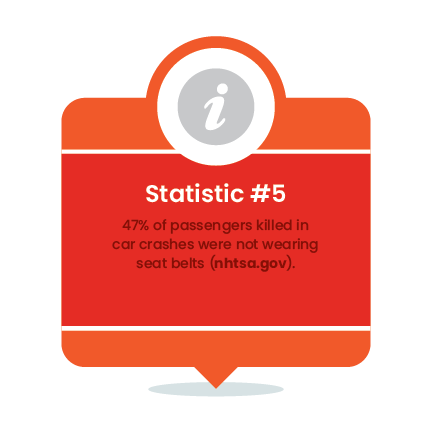Tips for Youth on Policy Advocacy
Make an appointment by looking through the legislator’s website. There should be outlined instructions to do so on all their sites.
Research your legislators! Learn about the issues they care about and what committees they’re a part of. Make sure you check what they’ve done regarding the issue or legislation you’re planning to talk about.
If they already sponsor a bill you want to promote, for example, thank them but then encourage them to champion the bill — ask them to reach out to their colleagues to garner more awareness about it.
Keep in mind you may not be able to speak directly with the legislator; you may meet with someone in their office.
Dress how you feel powerful! Most people are in formal business attire (pant suit, skirt and blouse, etc.) but dress in whatever way you will be most confident. FCCLA attire is encouraged.
Determine the structure of the meeting beforehand. If you’re in a group, assign speaking portions to each person based on what each of you can speak best to. If one of you is particularly charismatic, ask them start off or close the meeting. If alone, determine how you want to present your piece and what points you want to accentuate.
Example: introduction (name, pronouns, city and state), introduce issues/legislation you’re planning on speaking about and explain why they’re important to you, include some statistics, closing (respectful thank you, final message, leave contact information)
Keep the conversation organic! You don’t want to sound too rehearsed as that could come across as disingenuous.
Get personal! Don’t be afraid to incorporate your experiences into your argument as this makes your message stronger. Officials are more likely to take action if they see it’s an issue that is really affecting the people they represent.
Prepare materials to leave behind. Putting together a folder to summarize what you spoke about with credible research leaves a good impression. You can also include your contact information if you want!
Follow up! To prove you’re really passionate about the issue, organize a phone banking or letter writing session in your community or within your group of friends. This also empowers other people to get more politically aware and/or active.









